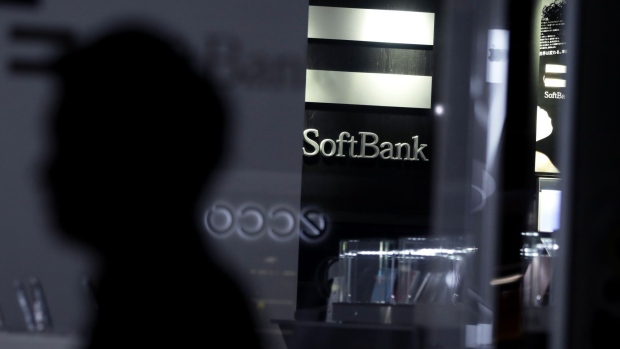Jul 3, 2020
SoftBank's latest unicorn IPO is just delightful
, Bloomberg News

It’s been six months since we got to enjoy a SoftBank Vision Fund exit.(1) Thankfully, Lemonade Inc. doesn’t disappoint.
Founded in Israel and based in New York, its stock had a great first-day pop, despite pricing below its most recent private valuation. The company is a web-based provider of insurance to renters and landlords. After asking a few questions, such as address and living situation, Lemonade gives a quote for monthly coverage.Management believes that Lemonade has a technological edge in calculating risk that will ensure it collects more in premiums than it will pay out in claims. Yet a look at Lemonade’s mission statement tells what you really need to know about why this is a very SoftBank kind of company.
Harness technology and social impact to be the world's most loved insurance company.
Seriously. Lemonade doesn’t just want to be loved. “We are making insurance more delightful, more affordable, more precise, and more socially impactful,” it promises (emphasis added). The words “delight” or “delightful” appear 34 times in its prospectus.
When you remember that SoftBank Group Corp.’s most famous, and infamous, investment to date — The We Co. — had a mission to “elevate the world’s consciousness,” it’s understandable why boss Masayoshi Son just couldn’t resist. Son’s outfit loves Lemonade so much that it owns 21.8 per cent, diluted from 27.3 per cent after the US$319 million offering in New York.
Like a couple of other SoftBank unicorns that have since gone public — Uber Technologies Inc. and Slack Technologies Inc. — Lemonade has been losing money. CEO Daniel Schreiber told Bloomberg Television’s Emily Chang that the company is on a path to profitability, with losses per dollar of insurance premiums sold shrinking. More recently, business has been “little impacted by the epidemic, much to our surprise,” he said.
In truth, earnings don’t actually matter to investors as long as the shares rise and SoftBank gets to book paper profits.
This debut comes just as the SoftBank and its Vision Fund recover from a disastrous March quarter, followed by a rebound in the June period. According to the prospectus, Lemonade was valued at US$42.21 per share in its last funding round, which closed in September. An initial offer document, dated June 30, had Lemonade priced between $26 and $28 apiece, which means SoftBank would have taken a haircut of around 33 per cent, or about US$170 million, in the three months to the end of June.
The massive 139 per cent pop Thursday on the New York Stock Exchange reverses SoftBank’s loss immediately, but can only be realized in the current quarter, which still has a long way to go. Buckle up for another roller-coaster ride.
What’s even more SoftBank-like about this investment is the ownership structure. According to the prospectus, SoftBank and other venture capital firms, along with officers and directors, beneficially own a mathematically impossible 135 per cent of the stock.
On paper, Schreiber and co-founder Shai Wininger hold 28.3 per cent and 29 per cent respectively, while Mwashuma Nyatta — a managing partner at SoftBank Group International — has 21.8 per cent. Except, not really. Those three don’t own all of that stock, but they’re the only members of a “joint investment committee having sole voting and dispositive control” over the shares held by SoftBank. So, while SoftBank owns a fifth of the company, it’s handing that voting power back to the founders, who then claim “beneficial ownership.”
Having seen the need to push Travis Kalanick out of Uber and Adam Neumann from WeWork, you’d have thought SoftBank may have learned its lesson about giving founders too much control. To be clear, there’s no suggestion that Schreiber or Wininger deserve to be shown the door, but when you own 22 per cent of the stock, you’d think that a certain amount of voting rights may come with it.
But this is SoftBank, and we’ve all learned to expect its investments and exits to be somewhat “delightful.”
(1) The previous IPO, OneConnect Financial Technology Co., has gone on to be a blockbuster.
This column does not necessarily reflect the opinion of the editorial board or Bloomberg LP and its owners.
Tim Culpan is a Bloomberg Opinion columnist covering technology. He previously covered technology for Bloomberg News.




